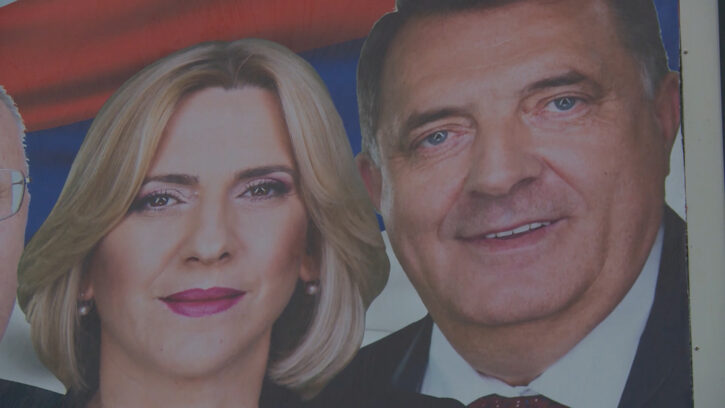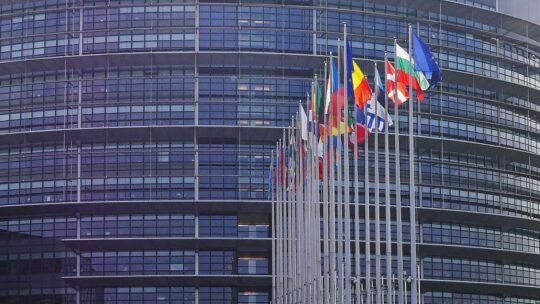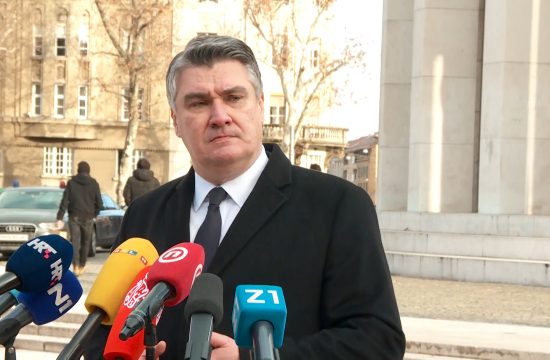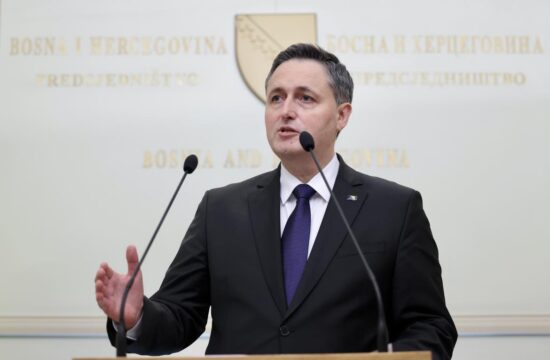
The president of the Bosnian Serb entity, Milorad Dodik, is an absolute media star in the ongoing election campaign in Bosnia, while his and other political parties that are currently in power dominate local media, shows an analysis of media reporting, presented in Sarajevo on Wednesday.
According to the same research, new political forces barely have the opportunity to present their programmes and candidates.
Since the start of the election campaign on September 7, ‘BH novinari’ journalists association and a coalition of nongovernmental organisations ‘Pod lupom’, which oversees the course of the election process with the support of the Delegation of the EU in Bosnia and Herzegovina and the UN Agency for International Development (USAID), have analysed more than 10,000 media items in 30 local media outlets – five newspapers, 15 radio and television stations, and 10 web portals.
In that period, 382 items were dedicated to the (predominantly Bosniak) Party of Democratic Action (SDA), 272 to Dodik's SNSD party, and 141 to the Croat HDZ BiH party.
Individually, the candidate with the best media coverage is Dodik. He has been reported about as a candidate in elections in as many as 650 cases. His closest associate Zeljka Cvijanovic, who runs for the post of Republika Srpska President, follows with 282 media reports.
The leader of the HDZ BiH party, Dragan Covic, is third with 242 media reports.
The analysis shows that 35 percent of total media reporting referred to the SDA, the SNSD and the HDZ.
“Independent candidates and new political options are almost invisible on the media stage,” said project leader. Lejla Turcilo, a professor at Sarajevo's Faculty of Political Sciences.
Dodik's evident domination of media space is largely the result of his full control over a number of media outlets in the Serb entity, notably its RTRS public broadcaster.
The analysis shows that in as many as 45 cases RTRS showed bias, directly promoting Dodik and his party, while the country-wide public broadcaster BHRT did so in only seven cases.
“RTRS's bias is particularly worrying,” said Turcilo.
The analysis also shows that web portals use the lack of laws very much to their advantage that would regulate their operation, featuring comments that spread inflammatory language and denying the right to reply.
The analysis concludes that most media outlets in Bosnia and Herzegovina must change their approach to make it fairer and more balanced with regard to different political options and that the state regulator RAK should oversee and regulate the operation of electronic media more strictly.
Bosnia is set to hold general election on October 7, when citizens will elect members of Bosnia's tripartite state presidency, entity presidents as well as the members and collegiums of the state, entity and cantonal parliaments.




